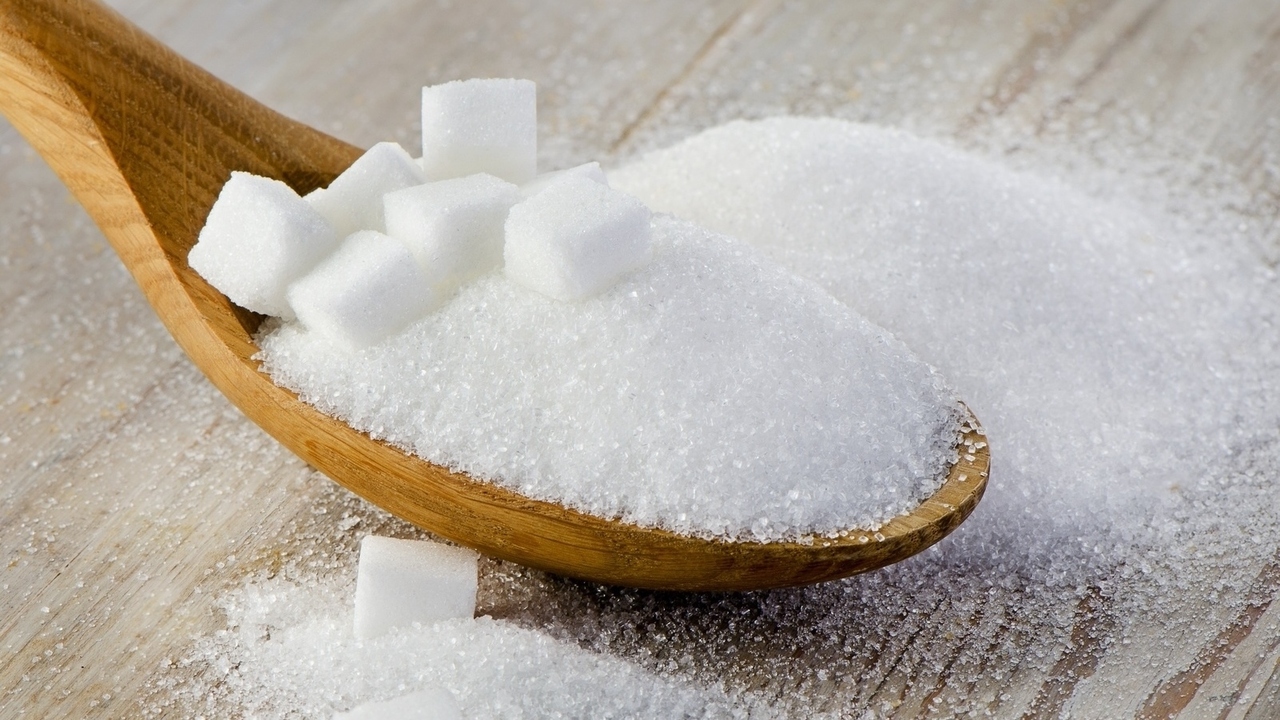I have always heard sugar is like a drug—it gives you that sweet hit of dopamine, then leaves you wanting more.
For my entire life, I have had a sweet tooth. As an unfortunately picky eater, anything sweet was my food of choice as a child. While I have grown out of many of my picky habits, I still enjoy sugar.
I decided I wanted to give up sugar temporarily as a test for a potentially permanent fix. In addition to sugar’s addictive nature, its excess can lead to diabetes and heart disease. I do not want my sweet tooth or possible sugar addiction to lead to problems later in life. Why not try to give up sugar temporarily in order to see if this is a viable lifestyle change?
I began my week without sugar during spring break, when I went home to be with my family. I knew this would be challenging, since my family also has an affinity for sweets. However, my first few days were much easier than I thought.
Since I was home, I could eat home-cooked meals and nutritious foods without having to buy them for myself. Because I was satisfied with the actual foods I was eating, I did not feel like I needed to supplement my meals with a sweet dessert or snack on overly-processed foods. I was eating real food, which helped to curb a craving for sugar.
Quarantine eventually led to a unique challenge. My natural response to boredom is to bake. Typically, if I have hours in the day to spare, I bake cookies or a cake for fun. It kills time and feeds my sweet tooth. However, I knew if I baked, I would be tempted to break my challenge.
During my challenge, I returned to OC for a few days to pack up my apartment and say my goodbyes. This helped me by allowing me to make my own choices on what to eat and feel more independent in my habits. I was in control.
Eventually, it got more challenging. My brother began baking muffins to kill time, and the thought of having fresh muffins for breakfast was extremely tempting. I began to miss the comfort of a sweet treat after a meal.
By the fifth day, I was feeling more uneasy about not having sugar. The cravings began to hit. Eating sugar provides that satisfying surge of happiness to your brain and I was noticing its absence. I did not have any relief on the sixth day.
On my last day, I had a breakthrough. While I still wanted to eat sugar, I did not feel the cravings I had experienced the previous two days. My meals did not feel incomplete without it. I knew I wanted the experience, but my body did not feel deprived.
I realized my issues with sugar. Instead of eating sweets to enjoy them, it had turned into a thoughtless habit. I never took the time to truly enjoy it, but merely ate it because I let sugar program my brain to eat it more and more.
When I was done with my week, I decided to enjoy one of my brother’s homemade muffins. Instead of eating it without thinking, I made sure to enjoy it and understand I was satisfied with it.
Sugar is a treat, not a food group. If enjoyed intentionally, it nourishes your spirit. When you eat it as a habit, it is out of control.
This first-person article was completed as an assignment in an Oklahoma Christian journalism course. It was edited by Talon staff and approved for publication.











Be First to Comment